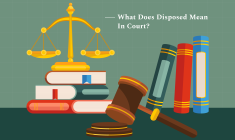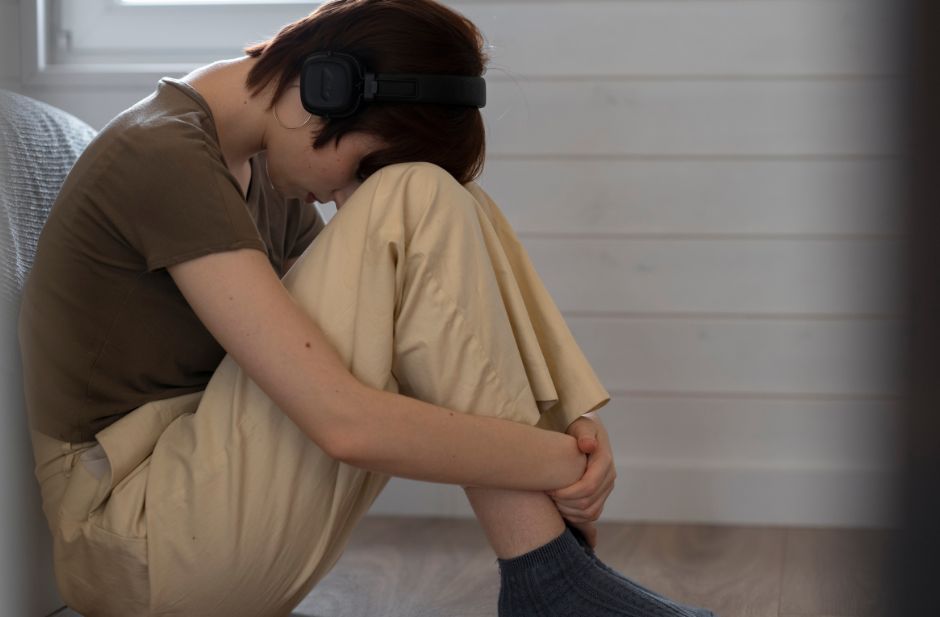When people talk about sexual assault, the conversation usually zooms in on the survivors—which, sure, makes sense.
But what about the people who saw it happen? Or who were kind of caught in the emotional fallout? They can carry some heavy stuff too.
Guilt, confusion, fear… it can linger way longer than you’d expect. Honestly, a lot of folks who reach out to sexual assault legal services in Phoenix are kind of blindsided to learn that witnesses can get hurt, emotionally speaking.
And yeah, those wounds? They need attention, patience, and support—just like any trauma.
The trauma of a person to witness the exploitation of a fellow human being remains unparalleled, especially when a person is unable to do much about it.
However, holistically, the society often refuses to recognise the trauma of that person. Thus, it is important to ensure that the bystander trauma gets addressed along with the trauma of the victim.
Others, who are affected by the sexual harassment of a person, does not always have to be someone who has witnessed the occurrence of the event. The list of people can also include people like family members, co-workers with shared identities, friends, family, and close ones.
When a victim gets harassed, every human being in their family gets equally affected by it.
Understanding Bystander Trauma
So, what is bystander trauma anyway? Basically, it’s when someone watches—or is indirectly affected by—a traumatic event like sexual assault. They’re not the ones getting hurt directly, but just being there… it can leave a mark. The problem is, this kind of trauma is usually ignored. People don’t really talk about it, which can leave witnesses feeling kind of stranded, like “uh, am I supposed to just deal with this?”
You might find yourself replaying the moment over and over. “Could I have done something differently?” “Why didn’t I step in?” Those thoughts stick, and without help, they can snowball into anxiety, depression, or even PTSD.
The human brain remains complex. Oftentimes, the guilt of not being able to do anything haunts people. Often, people do not step in due to the fear of consequences.
But not being able to overcome fear also results in long-term guilt. Even though they are not the direct victim, being close to the situation can cause lasting emotional distress.
1. The Weight Of Secondary Guilt
Then there’s secondary guilt—basically that nagging feeling that you didn’t protect someone, even if you couldn’t have. And believe me, people carry this around a lot. Sometimes it hits just as hard as the trauma itself.
The tricky part? Secondary guilt makes people hide. Witnesses might avoid talking about what happened because, well… they’re scared of being judged, or maybe just misunderstood. And that silence? Yeah, it keeps the wound fresh. Healing feels a lot harder when you’re carrying it alone.
This silence keeps the pain alive, making it harder to heal and find emotional balance.
2. Recognizing Symptoms Of PTSD In Witnesses Due To Bystander Trauma
PTSD isn’t just something the direct victim deals with. Witness it, feel powerless… and boom. You can end up with it, too.
Some signs are obvious: flashbacks, nightmares, and anxiety that hits out of nowhere. But there are sneaky ones too—like a racing heart, sweating, or panic that shows up when something reminds you of the event. And sometimes it doesn’t even hit immediately—it can take weeks or months to show up, which makes it all the more confusing. Therefore, a witness might also notice physical reactions, such as a racing heart, sweating, or sudden panic when something reminds them of what they saw.
3. The Power And Burden Of Empathy
Empathy is… powerful. Amazing, really. It lets us connect with others in a deep way. But it can also be a double-edged sword. Witnesses who feel someone else’s pain deeply can start carrying it themselves. Emotional contagion, experts call it. Fancy term, but basically: you feel their pain so hard it becomes your own.
This hits especially hard if you’re naturally compassionate, like a close friend or partner of the survivor. Caring about someone else while keeping yourself sane? Yeah, tricky. Without support, that constant emotional strain can lead to stress, exhaustion… maybe even burnout.
4. Seeking Professional Support
Admitting you’re hurting? Yeah… not easy. Probably the hardest part. But it’s also the first step to feeling better. A therapist trained in trauma can be a safe place to unpack everything, to make some sense of it all. Therapies like CBT, mindfulness, or exposure therapy… they help. Really.
Group therapy can be surprisingly helpful, too. You hear other people saying “me too,” and suddenly you’re not as alone in it. And self-forgiveness—man, that’s huge.
Letting go of guilt can feel like a weight lifted off your chest, even if it takes time.
5. The Importance Of Self-Compassion
Witnesses often set the bar way too high for themselves—thinking they should’ve done more. Newsflash: you didn’t cause it. Practising self-compassion—being kind to yourself—is huge.
Small things help too. Journaling, meditating, walking… anything that gives your brain a chance to breathe.
Even tiny steps like sleeping a bit better or spending time in nature can slowly tip the scales toward emotional balance.
6. Community And Awareness
When legal pros, counselors, and support organizations work together, it creates safer spaces for survivors and witnesses alike. Recognizing that trauma affects more than the direct victim… well, it makes a difference. Communities that understand this are better at supporting people—and, honestly, it just makes the world a little less lonely for everyone involved.
Things To Remember About Bystander Trauma
Bystander trauma doesn’t get talked about enough, but it’s real. Witnesses can carry lasting pain, even though they had no control over what happened.
Support—from therapists, friends, or community programs—can really help. And for anyone struggling with these feelings, reaching out to sexual assault legal services in Phoenix could be the first step toward clarity, recovery, and maybe even some peace of mind.
Support from professionals will allow people to get over their trauma easily and quickly without staying fixated on it.
People are often hesitant to reach out for professional help due to a lack of awareness. Thus, bystander trauma is not something that a person will have to deal with by himself or herself.
















